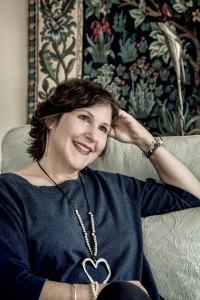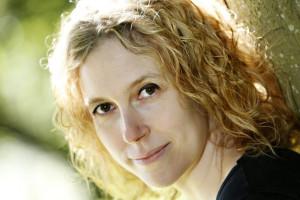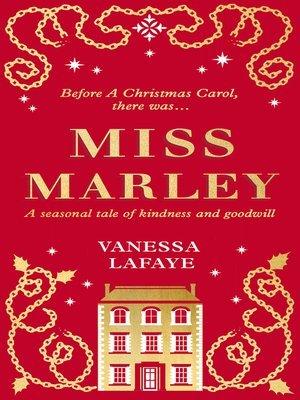
The last in my trio of Unusual Book Gift gift suggestions is remarkable in several ways. Firstly, novella Miss Marley is a prequel to one of the best known, best loved classics, Dickens’ A Christmas Carol, but with a new protagonist who appears alongside the characters familiar to most of us. The book lives up to this bold and imaginative concept but the way it came into being is a story in its own right. The author, Vanessa Lafaye (featured here with second novel At First Light) was living with incurable breast cancer and knew time was running out. Sadly that proved to be the case, and after her death in February this year, the book was seamlessly finished by Vanessa’s great friend and fellow historical novelist, Rebecca Mascull.
I am lucky to know both of these wonderful women through The Prime Writers, and although I only met Vanessa twice in person, she made a deep and lasting impression which led me to re-evaluate a lot of things about my own life – or just life, and I will always be grateful for that. I know many who never met her but followed her moving and fearless blog Living While Dying, would say the same. She is greatly missed. Miss Marley is more of a winter book than a Christmas story, it’s richly atmospheric, heart-warming and poignant and can be read in a few hours. You don’t need to be a Dickens buff (I’m not) or even to have read A Christmas Carol, although it might make you want to. Thank you to Rebecca and publishers Harper Collins for permission to reproduce the Afterword in which Rebecca charts the friendship leading to this very unusual collaboration. It was absolutely typical of Vanessa that this project gave her so much joy in the final days and weeks of her life. She considered her books her legacy, and her words live on.


I read through the nine chapters she had already written. I loved her story, her characterisation, her use of choice Victorian details and beautiful language. I printed it out and covered it in notes, annotating for the elements of her style and imagery, her character motifs and plot points. I had a growing sense of where I felt the story should go. At my first meeting with Kate, we looked through V’s notes and realised there was very little on the ending. I discussed it with other writer friends and we all came to the conclusion that there was no conclusion as such. So, I had to go with my gut and write the ending I felt flowed naturally from the work she had already produced. I drew on our friendship and knowledge of her previous writing, but I didn’t overthink it. I let it pour out, as I’d heard V herself had done when she was writing those early chapters against the clock. I wrote Chapter Ten to the end in five days. It was like an act of channelling. It was exhausting and beautiful. Sometimes I felt as if she were very close by. I will never forget it. I will always be grateful. I hope I did a good job, V.
You certainly did, Rebecca – I’m sure V would be incredibly proud and delighted.
Do check out my other Unusual Book Gifts, #1 The Accidental Memoir, a life-writing project anyone can try, and #2, illustrated limited edition single-story pamphlets from The Guillemot Factory, available individually or as a set.
*POSTSCRIPT*
My final post of the year, when I get around to it, will be my Books of 2018 – guaranteed not to be full of the same books as everyone else’s!
Advertisements
